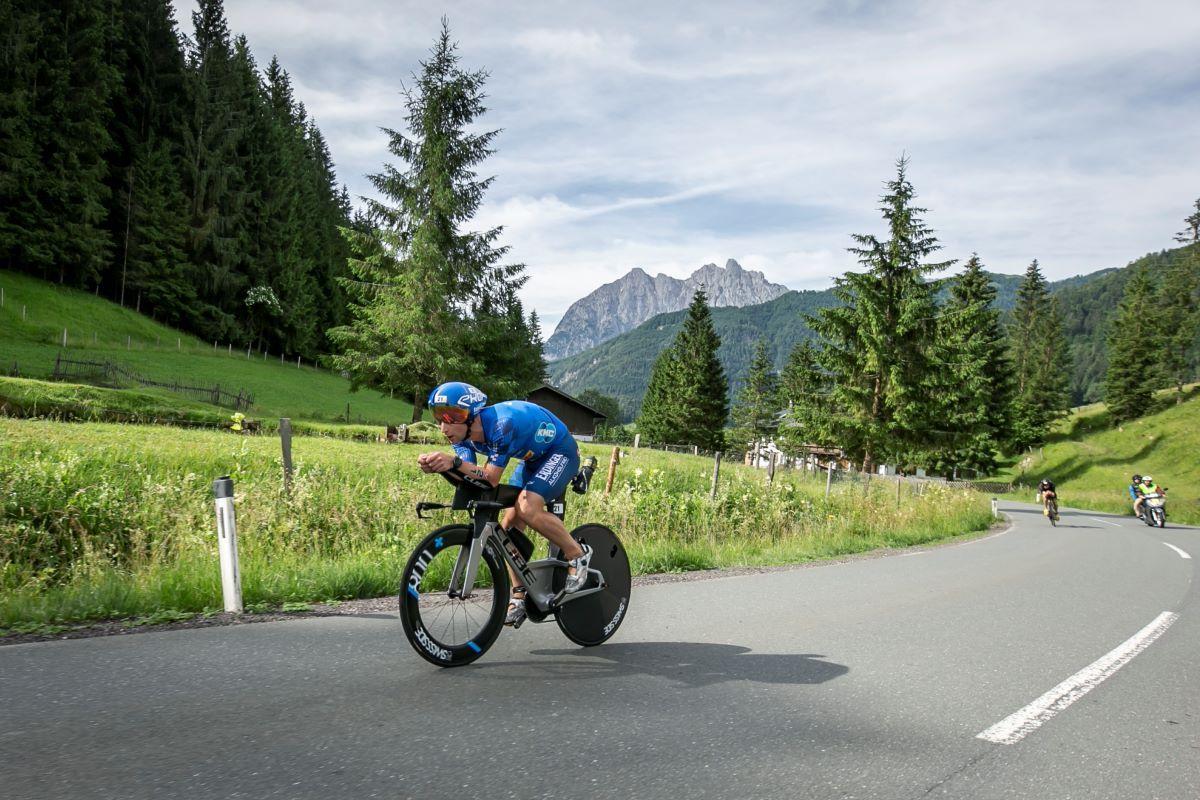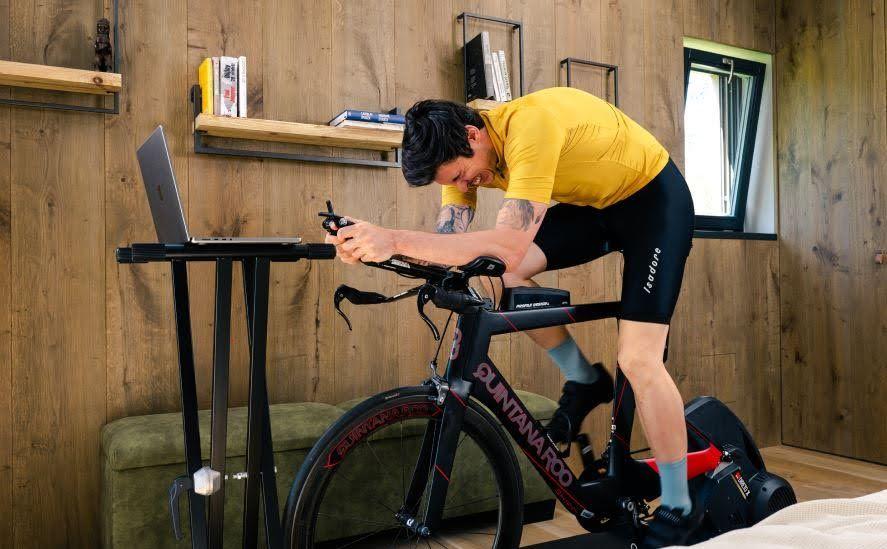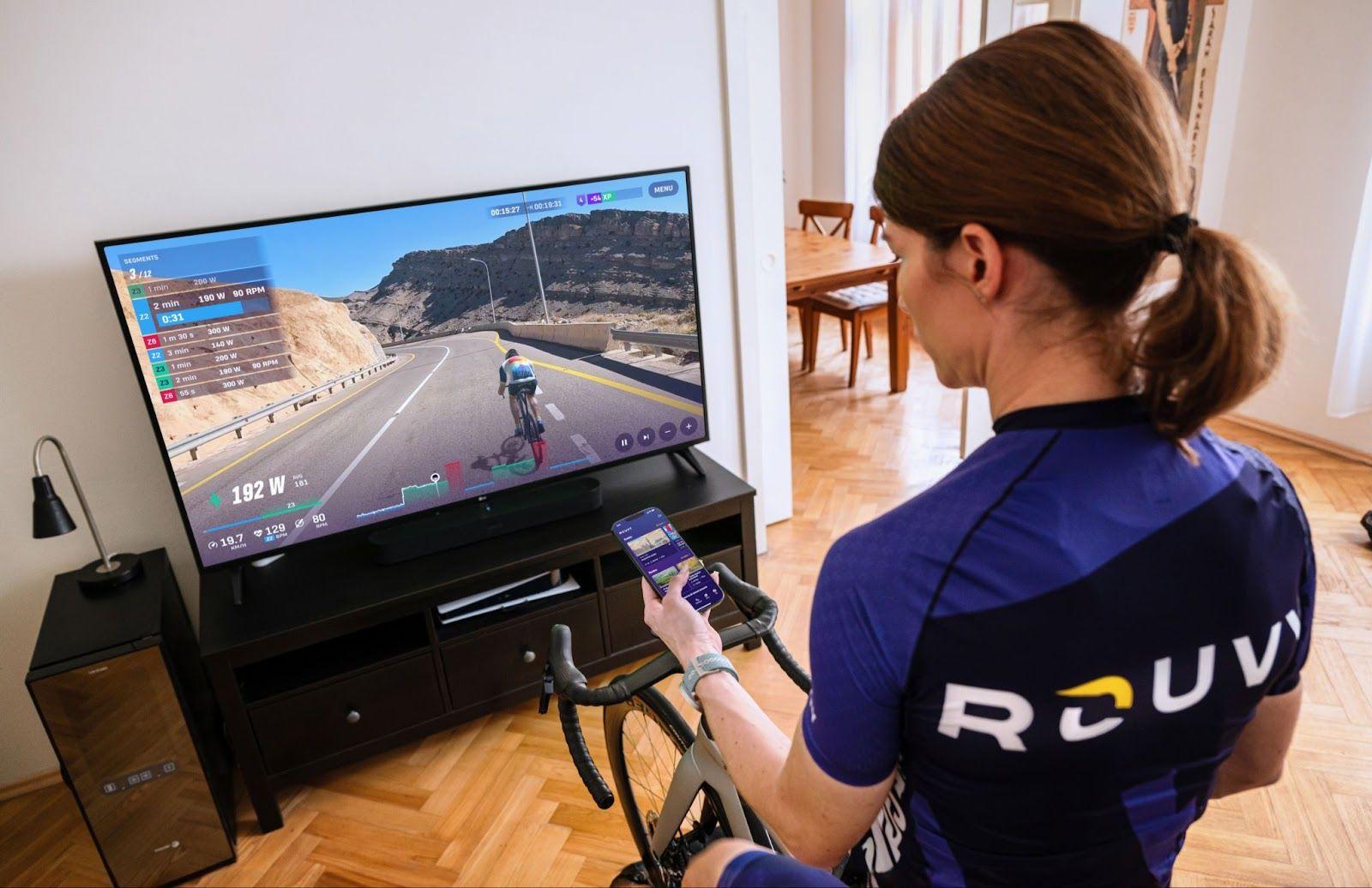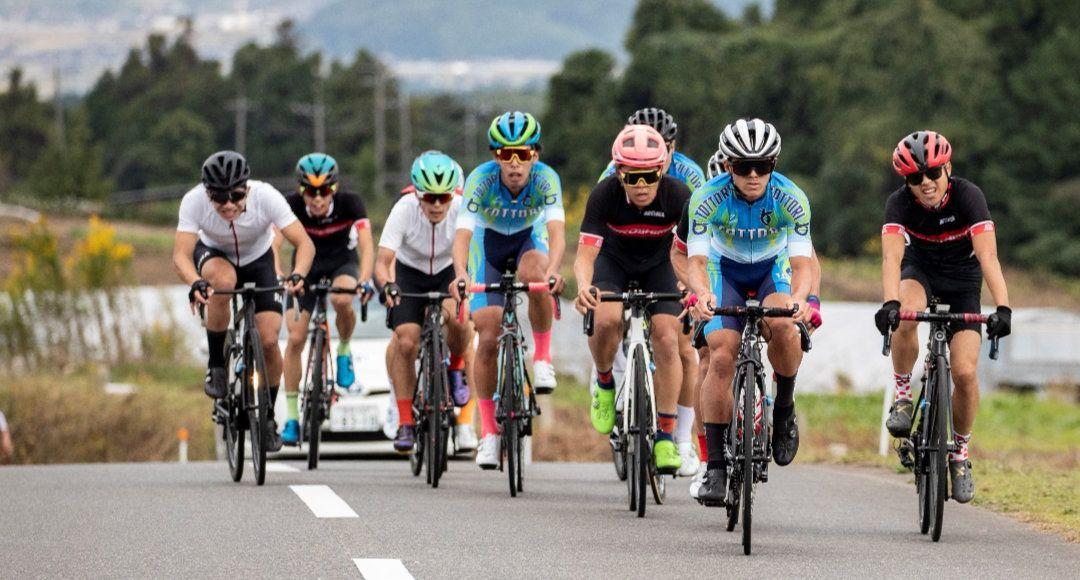If you are serious about getting fitter on the bike, then following a structured training program is the only effective way to go. Having your training sessions written down as well as your goals will keep you motivated especially if those goals are a race or sportive.
Here are seven things to think about when you sit down to write your first ever training plan.
TIME
We probably all like to spend more time out on our bikes but before you commit to a structured training plan it's worth looking at the weekly schedule to work out realistically how much time and how many hours you can commit to training. Obviously work, study and family commitments will normally come first but once you've worked out how much time you've got around these you can then figure out how it is best to use it.
GOALS
Your next step is to figure out exactly what your goal is going to be. Apart from a race or a sportive, it could be equally something fitness-based, like improving your power at threshold or it could even be improving your time up a local climb around a local circuit. If your goal is a particularly long-term one it can really help to set smaller targets to help keep your enthusiasm going along the way. These goals will help inspire you and motivate you to train.
SPECIFICITY
Now when you've got a target, what is the best way to achieve it? Let's take for example a flat road race that generally ends in a bunch sprint. Then what you need to do is look at improving your power with maximum power at the back end of a long ride. Conversely, if you're targeting a time trial then you'll want to do longer intervals which will raise your power at that duration. Whatever is your target you need to break down the components of it so you can tailor your training program to your own specific needs.
REGULARITY
In order for your body to make the necessary positive adaptations, it will need regular training stress or stimulus. Just how regular will depend on how experienced the rider you are but also how much time you've worked out you've got to give to cycling each day of the week. Some people can easily train for six sessions a week but if you're just starting out and you holding down regular 8-hour shifts or you're studying we'd recommend four sessions a week with harder sessions on Tuesday and the Thursday and some longer steady rides on a weekend when you've got a bit more time.
TESTING
It’s always good to test your fitness before you start training to get a good indication of the level that you're currently at and also help identify your strengths and your weaknesses. Doing them every four to six weeks we're going to see whether or not your training plan is having the desired effect.
PROGRESSION
About four to six weeks into your training plan you should be starting to reap the rewards for all the hard work that you've put in as your body makes its adaptations and it gets used to the training workload. However, unfortunately, it's at this point once it's used to that workload that you might need to start changing or increasing that stimulus. In terms of intervals you can make intervals longer, you can up the intensity by making them just that little bit harder or alternatively you can lessen the amount of recovery time in between the intervals themselves and this is where the importance of regular testing really comes in because knowing exactly where your boundaries are means you'll know exactly how far you can push yourself to make further improvements.
REST
While your time spent on the bike is crucially important when improving your performance we find that many people completely underestimate the real value of rest. The metabolic adaptations you get from training don't truly come about until you've got your feet up and your resting post-ride. Athletes often find it hard to rest and that might be due to a lack of time to get that rest or it could just be they feel that they're better served going back out on their bikes. That's not always true. If you've got time sit still and do nothing that often is better than trying to get in more training. And at the very least you should make sure that you get adequate sleep in especially during periods of hard training.
Following these simple principles will help you get on your way to getting the performances and the results that you've been looking for.
Martin Hacecky
The article has been created under the auspices of the Centre of Sports Medicine in Prague, Czech Republic. The author is a Head Coach of the Walton Endurance coaching agency.









